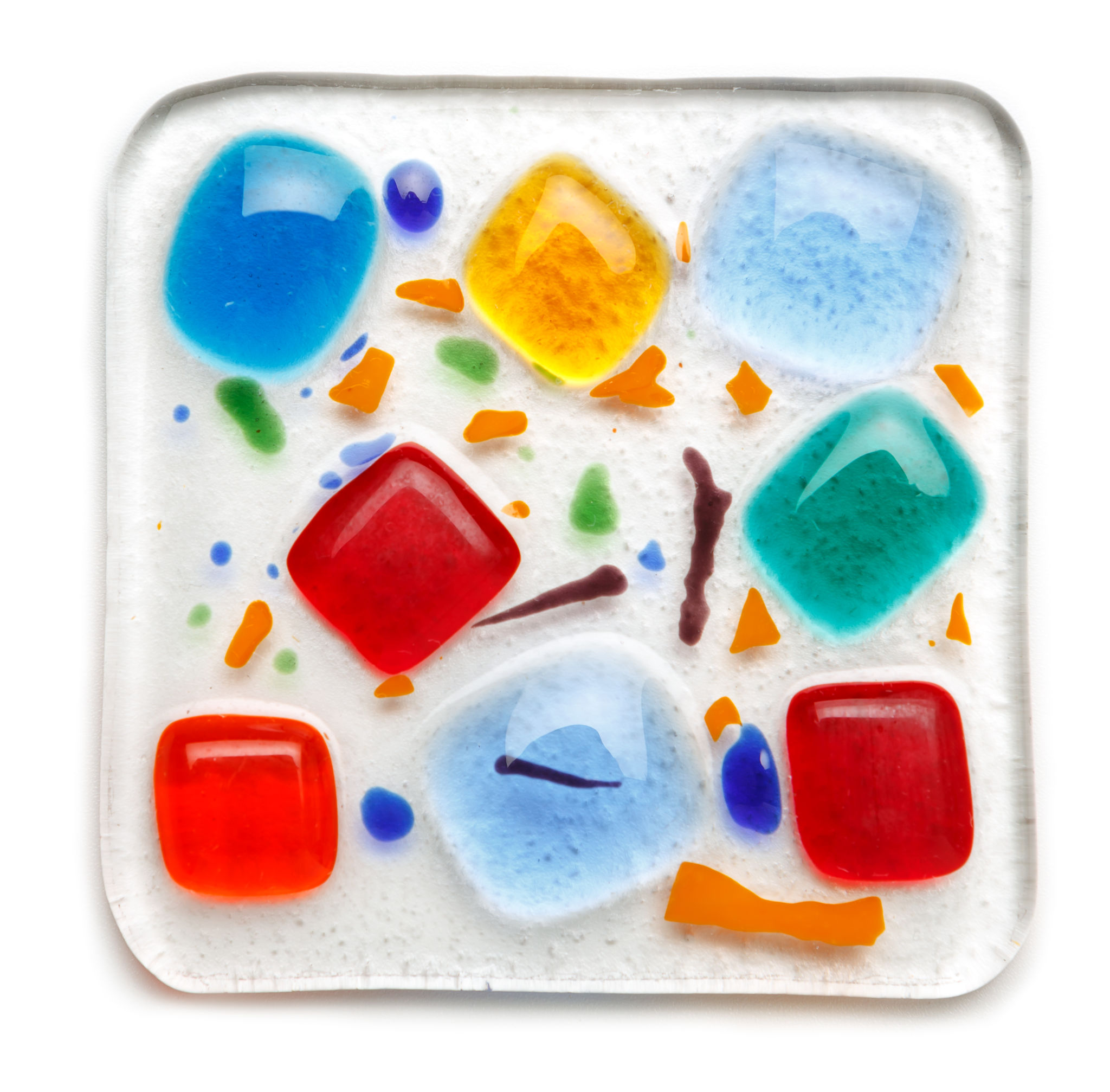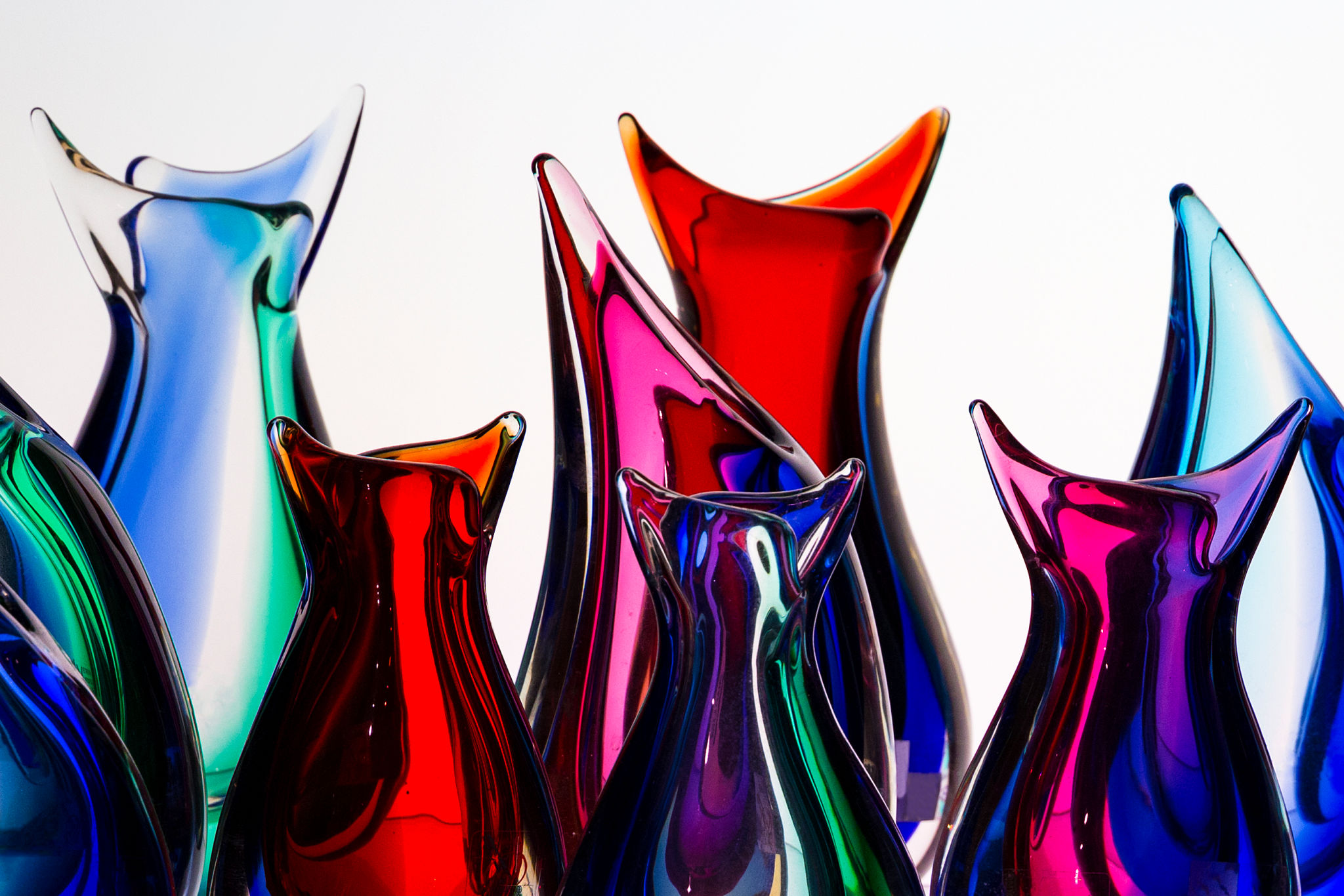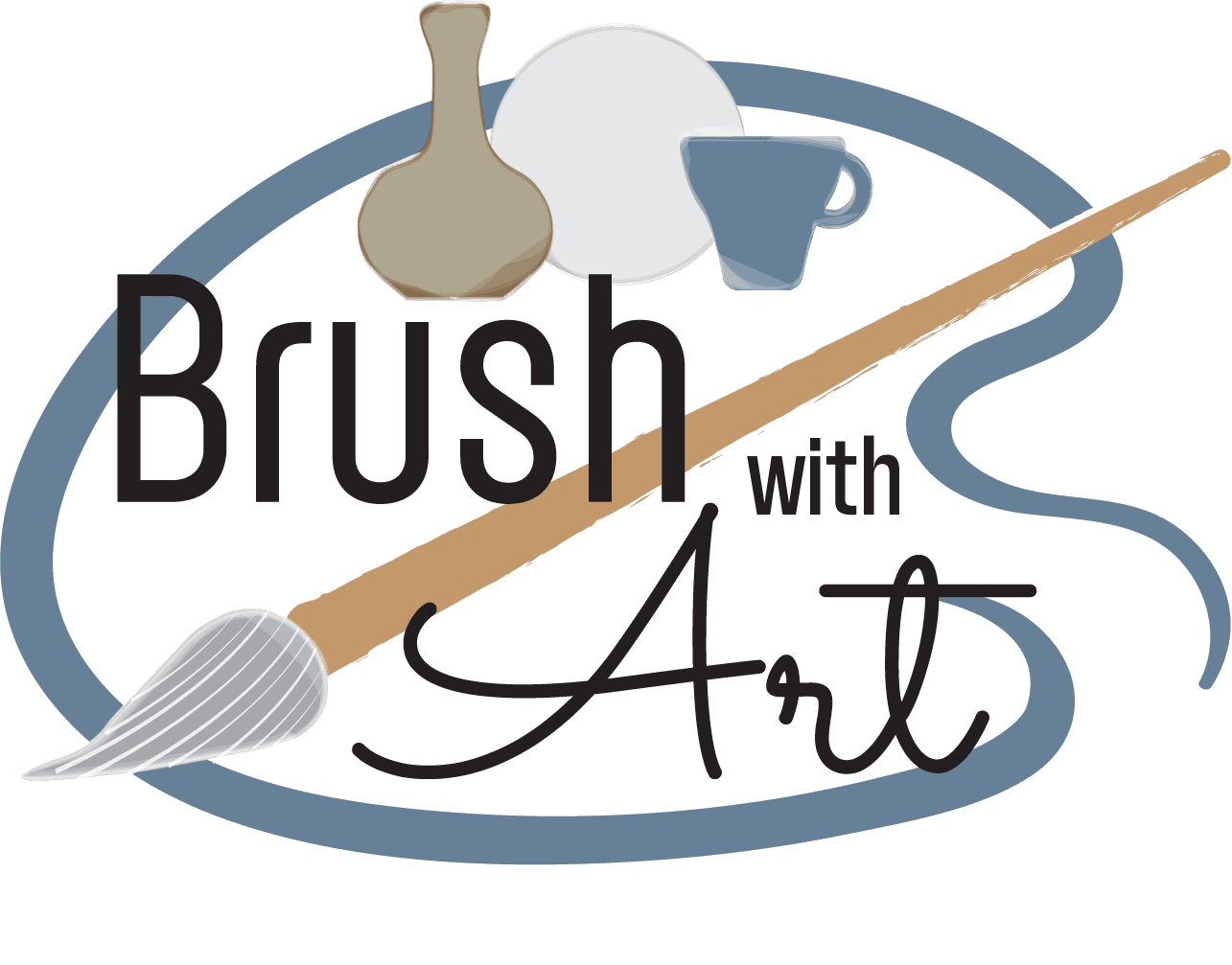How to Create Stunning Fused Glass Art: Tips from Amarillo's Favorite Art Studio
Getting Started with Fused Glass Art
Fused glass art is a beautiful and intricate form of artistic expression that combines creativity with precise techniques. At Amarillo's favorite art studio, we believe that anyone can create stunning fused glass pieces with the right guidance and a bit of practice. Whether you are a beginner or an experienced artist, these tips will help you elevate your glass art skills.

Understanding the Basics of Fused Glass
Fused glass involves layering pieces of glass and melting them together in a kiln at high temperatures. The process requires careful planning and an understanding of how different types of glass interact. Start by selecting compatible glass pieces, as combining incompatible glass can lead to cracking or breakage during the firing process. Always use glasses with the same Coefficient of Expansion (COE) for successful fusion.
Tools and Materials You Will Need
To create fused glass art, you'll need several essential tools and materials. These include:
- Glass cutter and breaking pliers
- Kiln and kiln shelf
- Kiln wash or shelf paper
- Safety goggles and gloves
- Various colors and types of glass
Investing in quality tools ensures precision and safety, enhancing your overall experience.

Designing Your Fused Glass Piece
The design phase is where you let your creativity shine. Sketch your ideas on paper before starting, considering the colors, shapes, and textures that will best convey your artistic vision. Remember that simple designs often translate beautifully in fused glass, especially for beginners.
Layering Techniques for Depth and Dimension
Experiment with layering different colors and textures to add depth to your art. Thin layers of transparent or translucent glass can create a sense of dimension while adding visual interest. Consider incorporating elements like frit, stringers, or dichroic glass for unique effects.

The Firing Process
The firing process is where your design comes to life. Carefully place your layered glass on a kiln shelf prepared with kiln wash or shelf paper to prevent sticking. Follow a firing schedule appropriate for the thickness and type of glass used. This typically includes a slow ramp-up in temperature, a soak at the target temperature, and controlled cooling to prevent thermal shock.
Post-Firing Techniques
Once your piece has cooled, there are several post-firing techniques to enhance its appearance. Cold working processes like grinding, polishing, or sandblasting can refine edges or create additional texture. Be sure to wear protective gear and follow safety precautions during these processes.
By following these tips from Amarillo's favorite art studio, you can create stunning fused glass art that reflects your unique style and imagination. With patience and practice, you'll not only master the technical aspects but also discover the joy and satisfaction of bringing your creative visions to life in glass.

